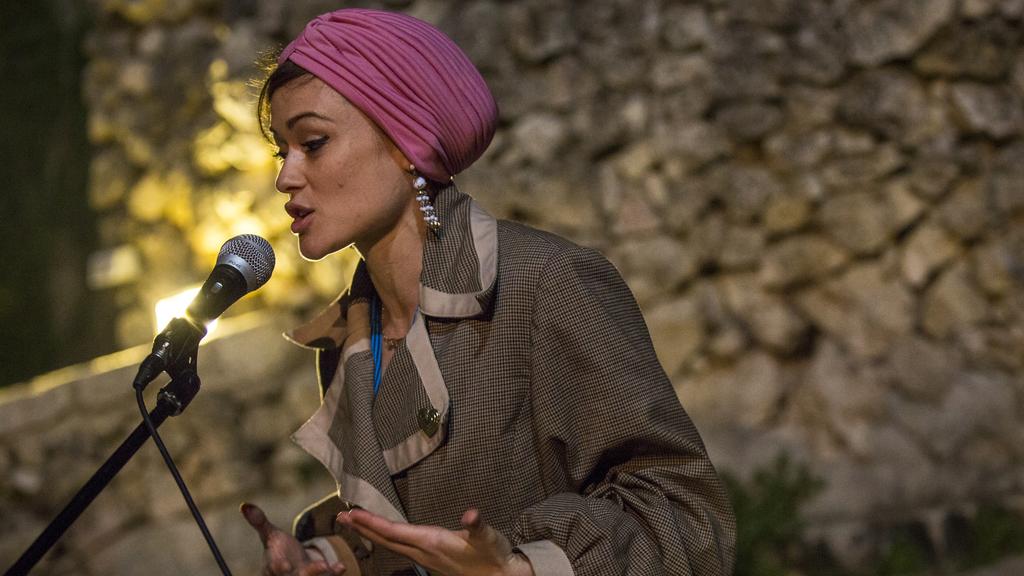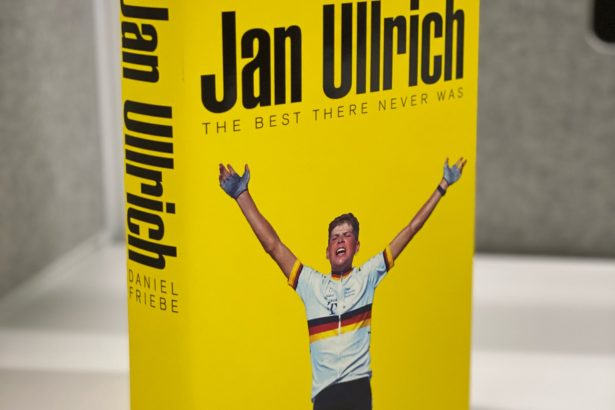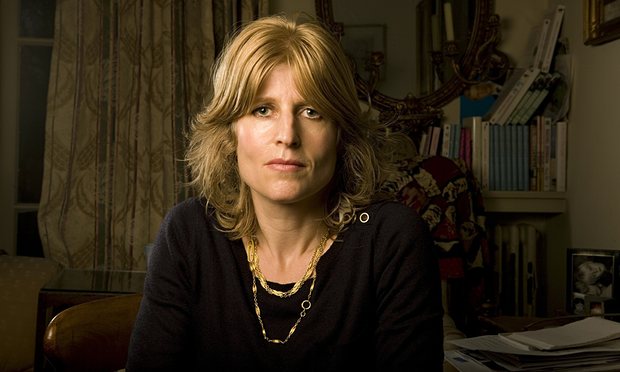Sometimes a book arrives at exactly the right time. The day after the suicide bombing in Manchester, I’m talking to Sabrina Mahfouz, the editor of The Things I Would Tell You, a new collection of short stories and poetry by British Muslim women, including Kamila Shamsie, Ahdaf Soueif, Leila Aboulela and Mahfouz.
We start discussing the protagonist in Chimeme Suleyman’s hard-hitting story Us, who is racially abused in a bus in London. “Why you even here?,” asks a venomous passer-by. “Terrorist [expletive ] … [go] back home and stop killing us.”
Madeeha talks to her husband in despair. “Are we all responsible … all billion of us? Is it my fault there’s terror in this world … did I orchestrate the killings? Or think they are good?” Her husband mumbles: “They want us to apologise.”
These are words almost identical to those spoken by the University of Manchester’s Muslim chaplain Mohammed Ullah last week.
So with the media saturated with stories about, as Mahfouz puts it, “Muslim extremists; Muslim moderates condemning the actions of Muslim extremists; non-Muslims bemoaning the fact that not enough moderate Muslims are condemning the actions of extremist Muslims; the possibilities of your Muslim-next-door becoming radicalised”, The Things I Would Tell You isn’t just timely. It is vital.
It completely dispels the narrow image of how a Muslim woman looks and lives. It’s funny, sad, insightful and vibrant.
“Chimene’s one of my favourite writers in the world and it is such a powerful piece,” says Mahfouz, who was raised in London and Cairo, and is carving an impressive reputation for her insightful writing in a host of disciplines – be it poetry, theatre, television and even dance.
Generously, she’d much rather talk about other British Muslim writers.
“Chimene’s an amazing journalist, too – and she cuts what everyone’s talking about to a few lines: that once a politicisation of an entire identity has occurred, it is very difficult to find a balance.
“It’s positive, of course, when the press talk to Muslim women after events like the Manchester attack and hear articulate and hopeful opinions. But it is ridiculous that there should be any sense of collective responsibility: Muslims shouldn’t feel they have to make these statements to stop their community being abused.”
Mahfouz will no doubt be talking about some of these issues when she appears at the United Kingdom’s Hay Festival of Literature and Arts festival this weekend with two of the anthology’s contributors – Aliyah Hasinah Holder and Samira Shackle.
The collection came out from the creative writing workshops Mahfouz runs, where a lot of the students are of Muslim heritage. “They always ask me for writers I could recommend to them. So I thought it would be a great idea to have them all in one book,” she says.
Mahfouz is more than aware that a book with “British Muslim Women Write” on the cover will just speak to people who already have some understanding of the importance of diversity and identity. But she argues that the sheer variety of the contributors and their stories means it can have a wider effect.
“Seema Begum was 14 when she wrote her poem, and her family were quite reticent for her to be included. But now they all have the book, so does her school library – and they probably would never have picked it up otherwise. It is little things like that which give me hope,” says Mahfouz.
“You can only do what you can do – and if art is the thing you do, then you have to try and use it to make some kind of change, even if it is very small.”
Not that Mahfouz is content with the power of words on the page alone. A Little Bit of Luck – her stage play billed as “theatre to rave to” – melds a coming of age story with the music of UK garage and is back in London next week. The dance piece for which she contributed her poetry Rosalind, will be at the Edinburgh Festival Fringe in June.
She is also working on an opera adaptation of Nawal El Saadawi’s seminal feminist novel Woman At Point Zero – extracts of the adaptation will premiere at London’s Shubbak festival of contemporary Arab culture in July, in a co-commission with Abu Dhabi Festival.
“Years ago, the Royal Opera House were encouraging different groups of people to write librettos,” she explains.
“Mine was performed in the studio, and then Bushra El Turk, a British-Lebanese composer, asked if I wanted to come on board with this project. I was thrilled – being half Egyptian, Nawal is one of my big influences.
“Right now, we are all in one room – the composer, choreographer, the singer, the musicians and me – and we’re just, well, creating it. It’s been amazing – I wrote a massive text and when you get into the room you realise how much one note from a singer can emotionally relay a page of writing.”
Which sums up most of Mahfouz’s projects really – direct and powerful.
“I’ve always wanted to write, always had these stories and characters I wanted to get out there,” she says.
“So whichever form they come out in is good for me.”


